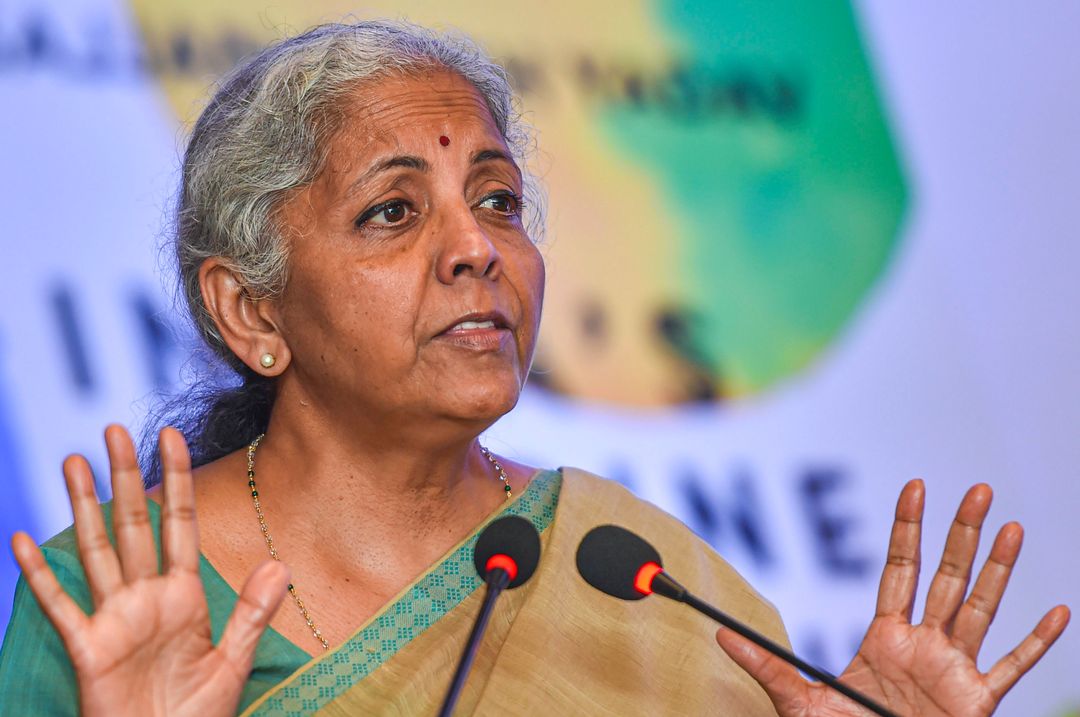
New Delhi, Feb 27 – Finance Minister Nirmala Sitharaman emphasized the growing significance of bilateralism in global trade and investment, stating that multilateral institutions are losing effectiveness. Speaking at BS Manthan, she underscored the necessity for India to expand its bilateral relations amid a shifting global economic landscape.
"Bilateralism is now at the forefront of global economic engagements. India must strengthen its ties with multiple nations, not just for trade and investment but also for strategic partnerships," Sitharaman said. She noted that multilateral institutions such as the World Trade Organization (WTO) are weakening, making bilateral agreements the preferred mode of international cooperation.
Highlighting the ongoing transformation in global trade, she pointed out that the Most Favoured Nation (MFN) principle under WTO is becoming obsolete, with countries seeking customized trade agreements. "Every nation wants to be treated as special, ensuring they receive preferential treatment not by default but by design," she added.
India has already initiated bilateral trade negotiations with the UK and is working towards an agreement with the US. Additionally, discussions are underway with the European Union for a free trade pact, reinforcing India’s commitment to fostering direct trade relationships.
Sitharaman also stressed the importance of India's role in the evolving global order, leveraging its technological expertise and vast talent pool to drive global economic growth. "India must contribute meaningfully to the global reset while advancing its position in terms of per capita income and as a preferred business destination," she stated.
Addressing the need for continued economic reforms, she reiterated that fiscal prudence and debt management remain priorities for the government. She also called for greater participation from state governments in the reform agenda, encouraging healthy competition to boost economic growth at all levels.
With the world undergoing a fundamental trade shift, India’s proactive approach to bilateral engagements is set to play a crucial role in shaping its economic future.
Last updated by a enewsx: